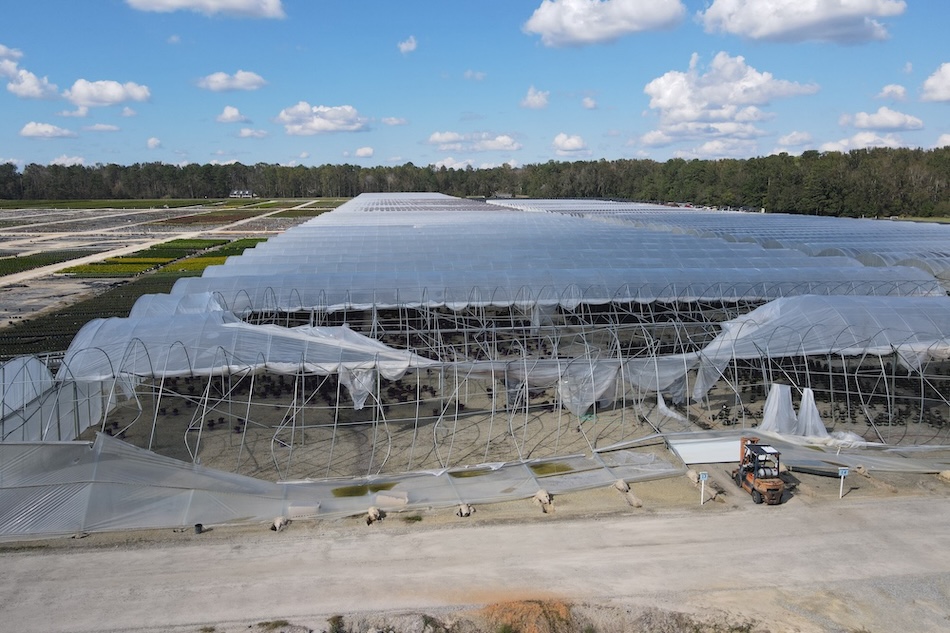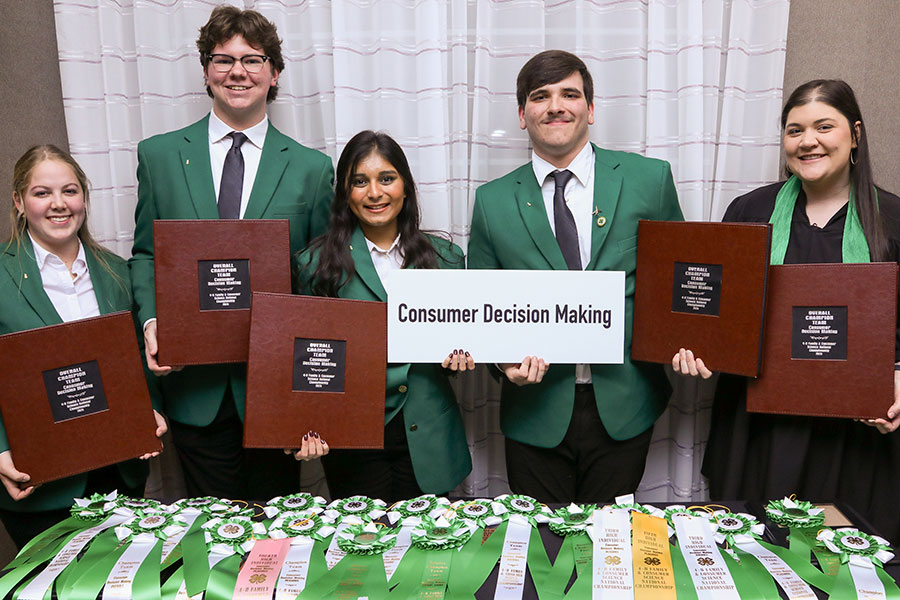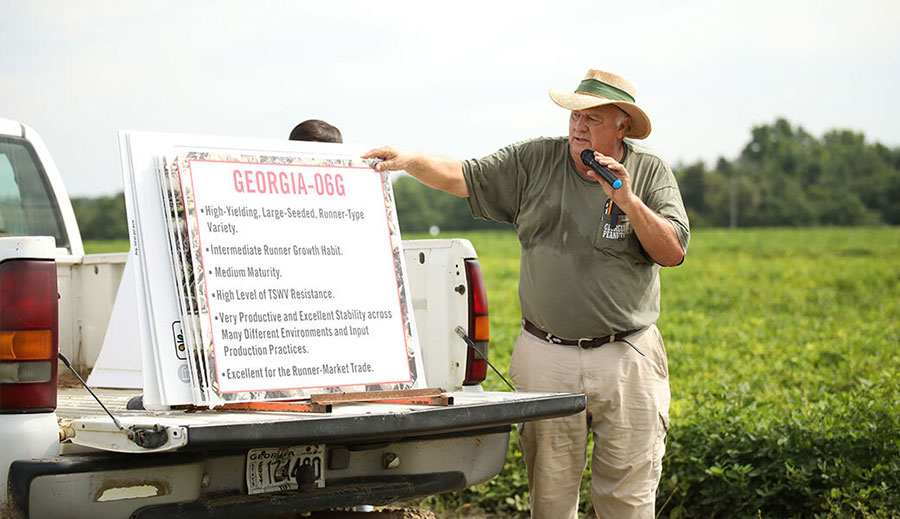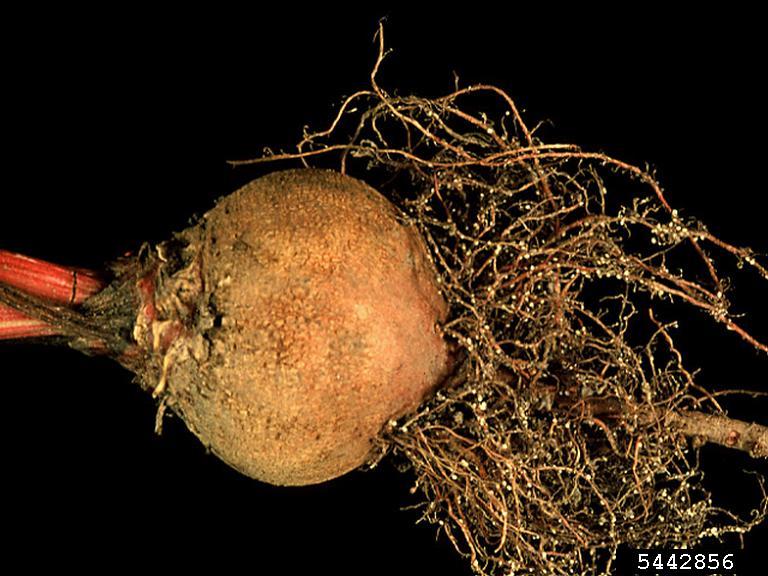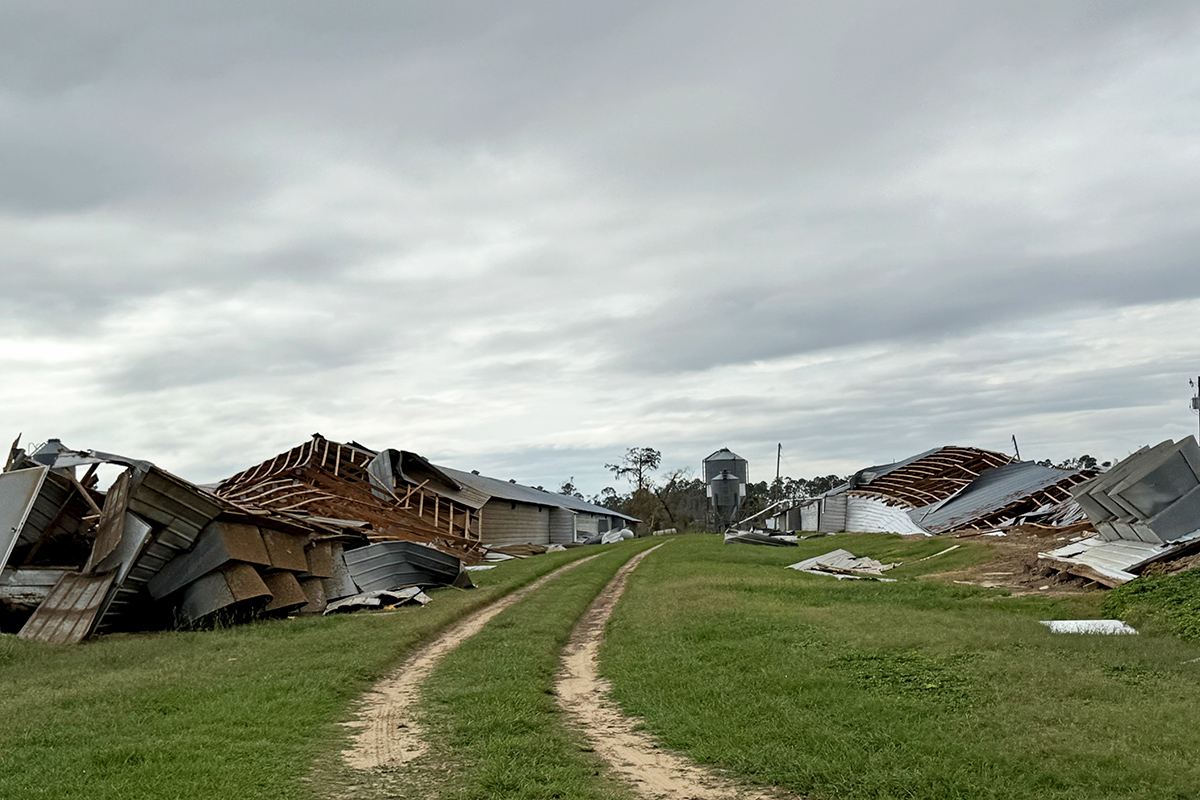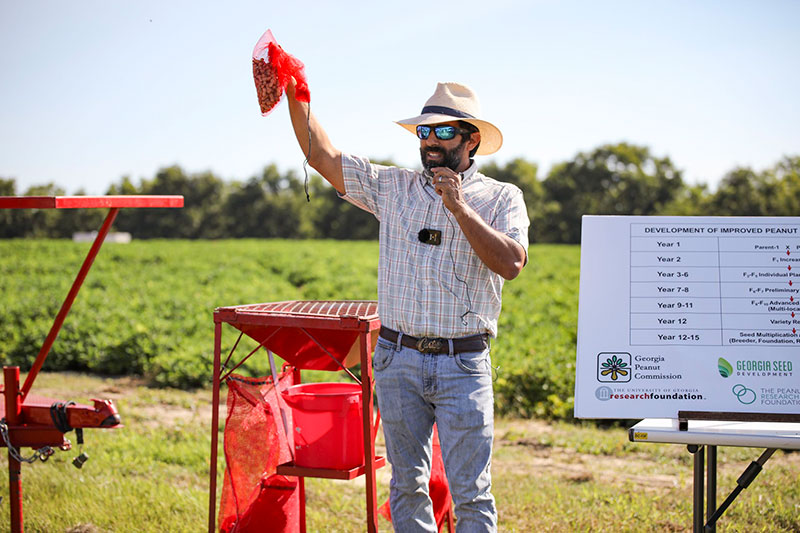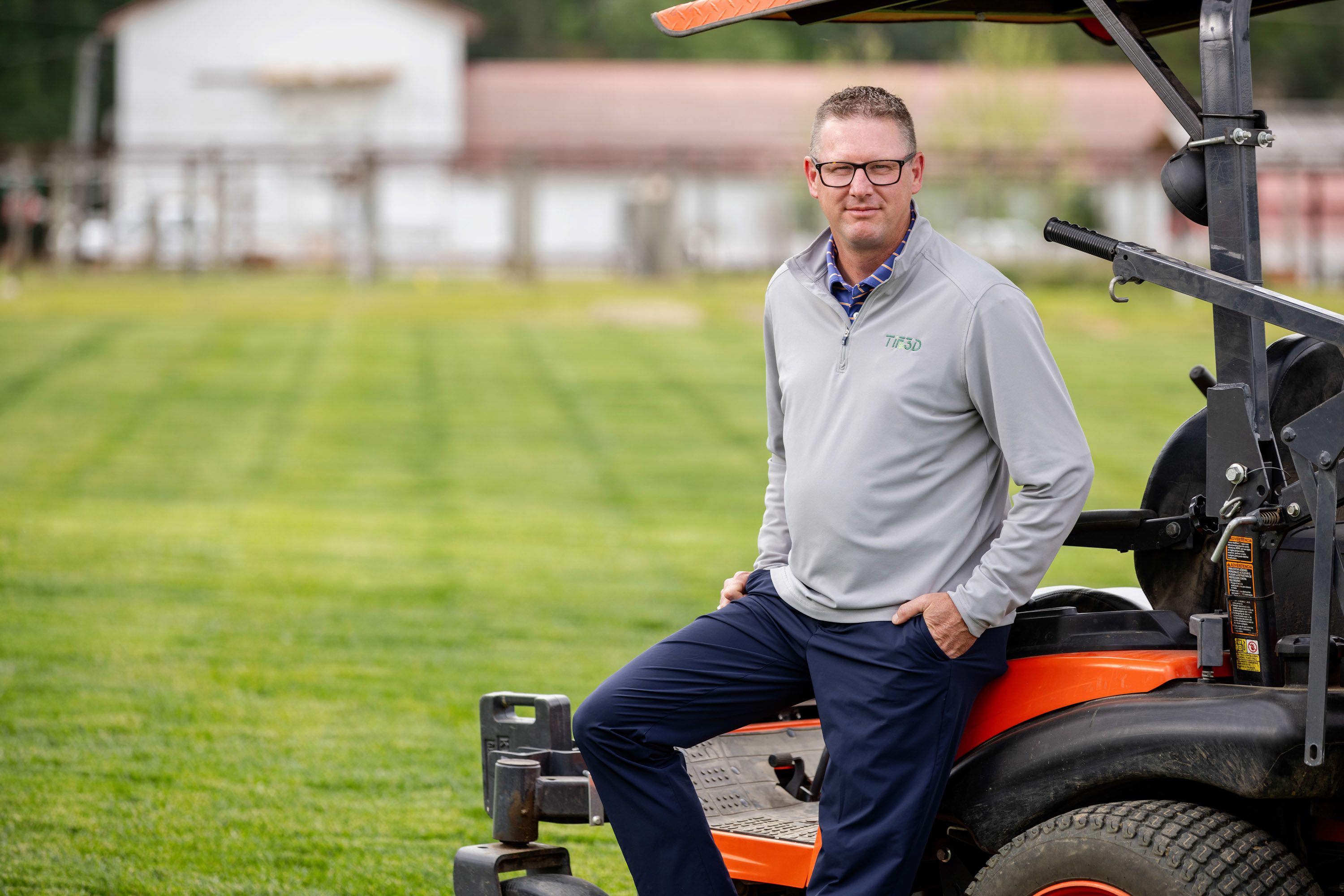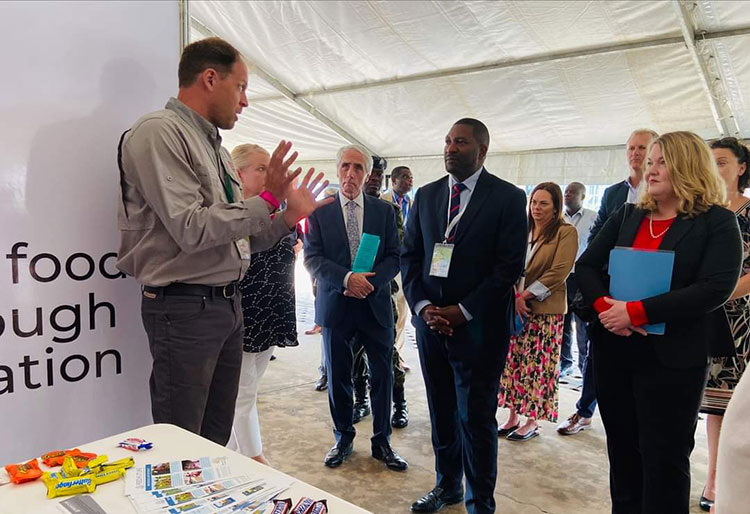 CAES News
CAES News
In His Element
Jim Evans rises before the sun for his commute to work, not even passing a stoplight on his drive to The Cliffs at Keowee Falls, a golf community in rural South Carolina. He starts each day doing the thing he loves most — mowing the greens.


